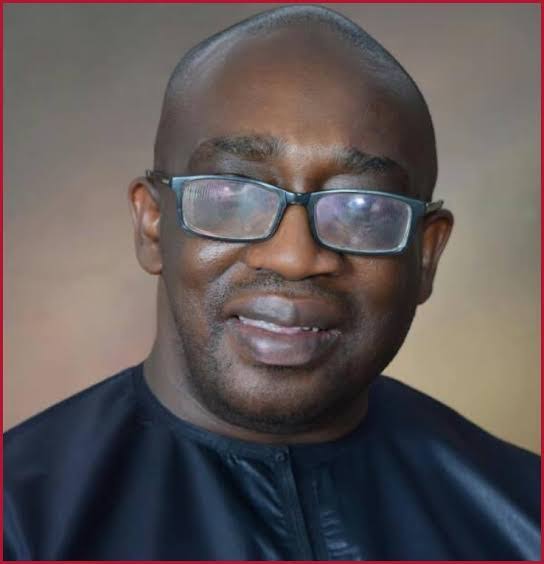Prof. Funmilayo Adesanya-Davies, a distinguished professor of Applied Linguistics and Peace Consul of the United Nations Positive Livelihood Award Centre (UN-POLAC), has publicly endorsed the Academic Staff Union of Universities (ASUU) in their quest for enhanced funding, improved welfare, and proper recognition of intellectual contributions in Nigeria. As a former presidential candidate with over 40 years of experience in academia, Prof. Adesanya-Davies emphasizes the critical importance of valuing education and intellectual capital for national growth. Moreover, she stresses that ignoring these demands could have long-term negative consequences for the country.
The Alarming Decline in Academic Compensation
Globally, the decline in academic remuneration represents a growing crisis. In particular, developing countries like Nigeria face an even more severe challenge. Government policies often prioritize other sectors over education, leaving academics underpaid and undervalued. According to Prof. Adesanya-Davies, ASUU’s demands are essential not only to restore the dignity of the teaching profession but also to safeguard the future of Nigeria. Therefore, addressing these issues should be a top governmental priority.
Brain Drain: A Threat to National Development
Nigeria continues to experience a severe “brain drain,” as talented academics migrate to countries that properly recognize and reward intellectual work. For instance, over 40% of university-educated African-born professionals currently live in the United States, Europe, or other developed nations. This exodus of intellectual talent undermines local universities, reduces research output, and weakens academic standards. Consequently, Prof. Adesanya-Davies urges policymakers to act decisively to stem this trend and create incentives to retain homegrown talent.
Federal University of Technology, Owerri: A Cautionary Example
The situation at the Federal University of Technology, Owerri (FUTO), illustrates the consequences of neglecting education. Senior lecturers and professors continue to leave for better opportunities abroad, resulting in shortages of qualified staff, declining research productivity, and weakened academic standards. As a result, Prof. Adesanya-Davies stresses that the government must learn from such examples and implement measures to support educational institutions nationwide.
ASUU’s Demands Go Beyond Financial Compensation
ASUU is not only seeking better pay but also recognition for the societal importance of academic work. The union advocates for a salary structure that accurately reflects the responsibilities and value of university lecturers and professors. In addition, Prof. Adesanya-Davies asserts that these demands are reasonable, necessary, and crucial for Nigeria’s long-term development.
Valuing Human Capital as a National Priority
The solution lies in a paradigm shift in how Nigeria values its human capital. Education should be treated as a key investment in national progress. Furthermore, academic remuneration must include incentives such as research grants, access to world-class facilities, and opportunities for international collaboration. Well-funded universities are better equipped to conduct cutting-edge research and address national challenges effectively. Thus, supporting higher education directly contributes to sustainable national growth.
A Call to Action for the Government
In conclusion, Prof. Adesanya-Davies stresses that ASUU’s demands are not solely about union interests; they are about the future of Nigeria. Accordingly, immediate governmental action is required to support education, properly value intellectual work, and empower academics to drive sustainable national growth. By heeding these demands, Nigeria can cultivate a thriving academic environment and retain the expertise needed for long-term development.
Signed:
Iquo Halo Eton
Special Assistant/Public Relations
Office of the UNITED NATIONS POLAC PEACE CONSUL & Secretary General of BOT, UN-POLAC
(PC, SG), H.E. Ambassador Bishop Prof. Funmilayo Adesanya-Davies
info@unpolac.org









